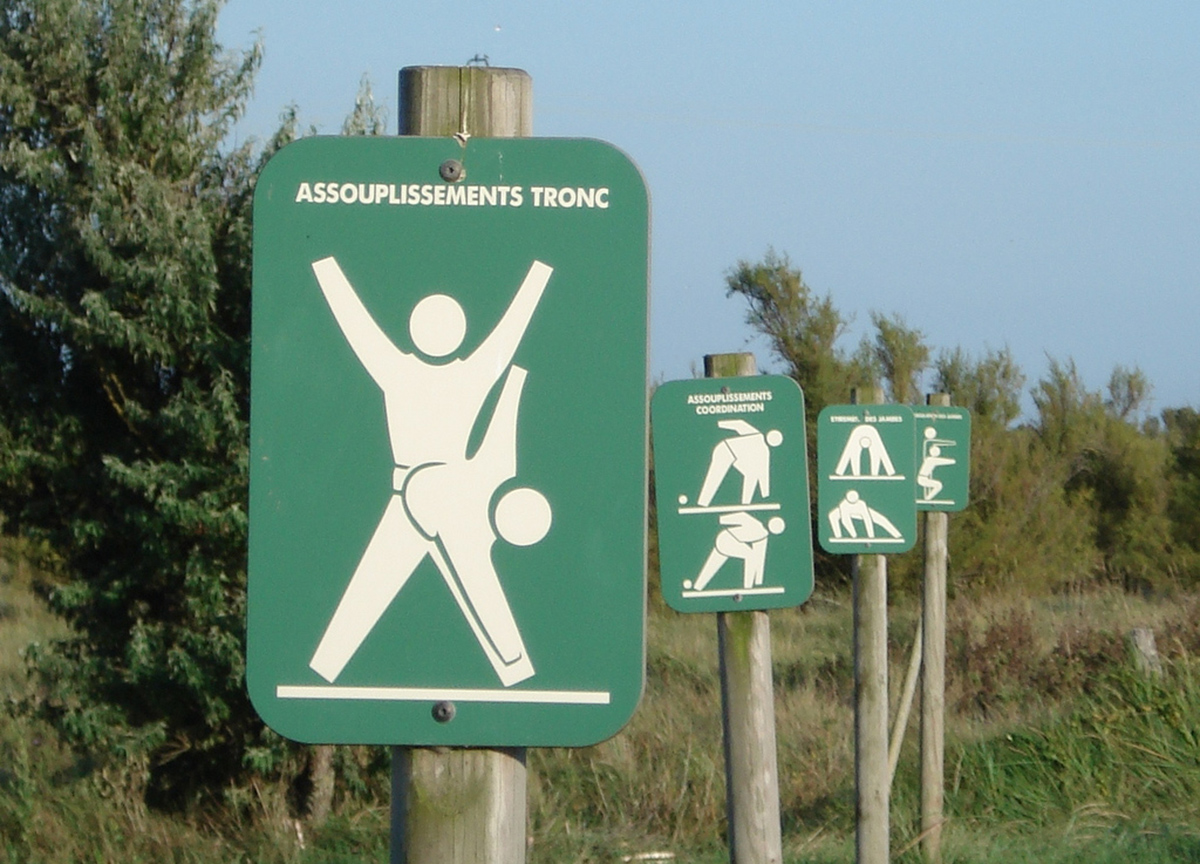Table of Contents
4. Exercise
There is an increasing body of evidence that exercise not only prevents cancer, it can prolong life and increase quality of life, at least when the cancer is in its early stages. Women with non-metastatic breast cancer, men with non-metastatic prostate cancer, and people of both sexes who had stage I, II, or III colon cancer have been found to live longer if they exercise.

How much exercise is enough?
It is not necessary to do extremely vigorous exercise to benefit. Walking, jogging, riding a bicycle, and using a treadmill or elliptical trainer all help. Resistance exercise and weight lifting, and stretching and yoga aren't as useful as cardio in the fight against cancer, although it may be a good idea to do them. Anti-cancer benefits accrue from exercise that gets the heart beating faster, preferably long enough for the body to burn 300 (for women) to 600 (for men) calories.
5. Acupuncture
Acupuncture and acupressure can be extremely helpful in managing the discomfort caused by cancer treatment. Simply massaging the webbing between the thumb and forefinger can reduce nausea. A session with an acupuncturist may greatly reduce the anxiety, fatigue, and digestive distress caused by a cancer treatment.
Acupuncture usually does not, however, shrink tumors or stop metastasis, at least not directly. About 70% of cancer patients who get acupuncture feel better, but there are no indications of, and ethical acupuncturists will not claim abilities enabling, shrinking tumors.
It also can relieve stress, but it is not a cure for cancer.
6. Meditation
There is no doubt that meditation reduces stress, and reducing stress may make it easier to do all the other things that improve quality of life for cancer patients. If you go into remission from cancer after meditating, it's because your own immune system conquered the cancer, with the timely help of medical interventions. How much psychological health generates immune system health is not yet known by medical science.
7. Antioxidants and vitamins
Cancer cells need antioxidants and vitamins, too. Studies have found that taking supplemental vitamin A, vitamin C, vitamin E, selenium, and beta-carotene can actually increase mortality from cancer. And it's certainly not a good idea to take massive amounts of antioxidants before radiation treatment to protect your healthy tissues if at the same time you protect your cancer cells from the very treatment you are taking to kill them.
See Also: Magic Mineral Broth That Fights Cancer
There is a role for nutritional supplementation i cancer, and many doctors are beginning to prescribe nutritional supplements for their canc er patients. It is important to work with an extremely knowledgeable person, however, not just someone who wants to sell you a lot of supplements, to get the best results in your ongoing fight against cancer.
- Kushi LH, Doyle C, McCullough M, Rock CL, Demark-Wahnefried W, Bandera EV. American Cancer Society guidelines on nutrition and physical activity for cancer prevention. CACancer J Clin. 2012. 62:30-67.
- Seely DM, Weeks LC, Young S. A systematic review of integrative oncology programs. Curr Oncol. 2012.19:e436-e461.
- Photo courtesy of Thomas Sobek by Flickr: www.flickr.com/photos/tomas_sobek/4335495077
- Photo courtesy of Sanchom by Flickr: www.flickr.com/photos/sanchom/2963072255


Your thoughts on this